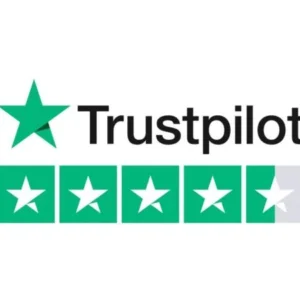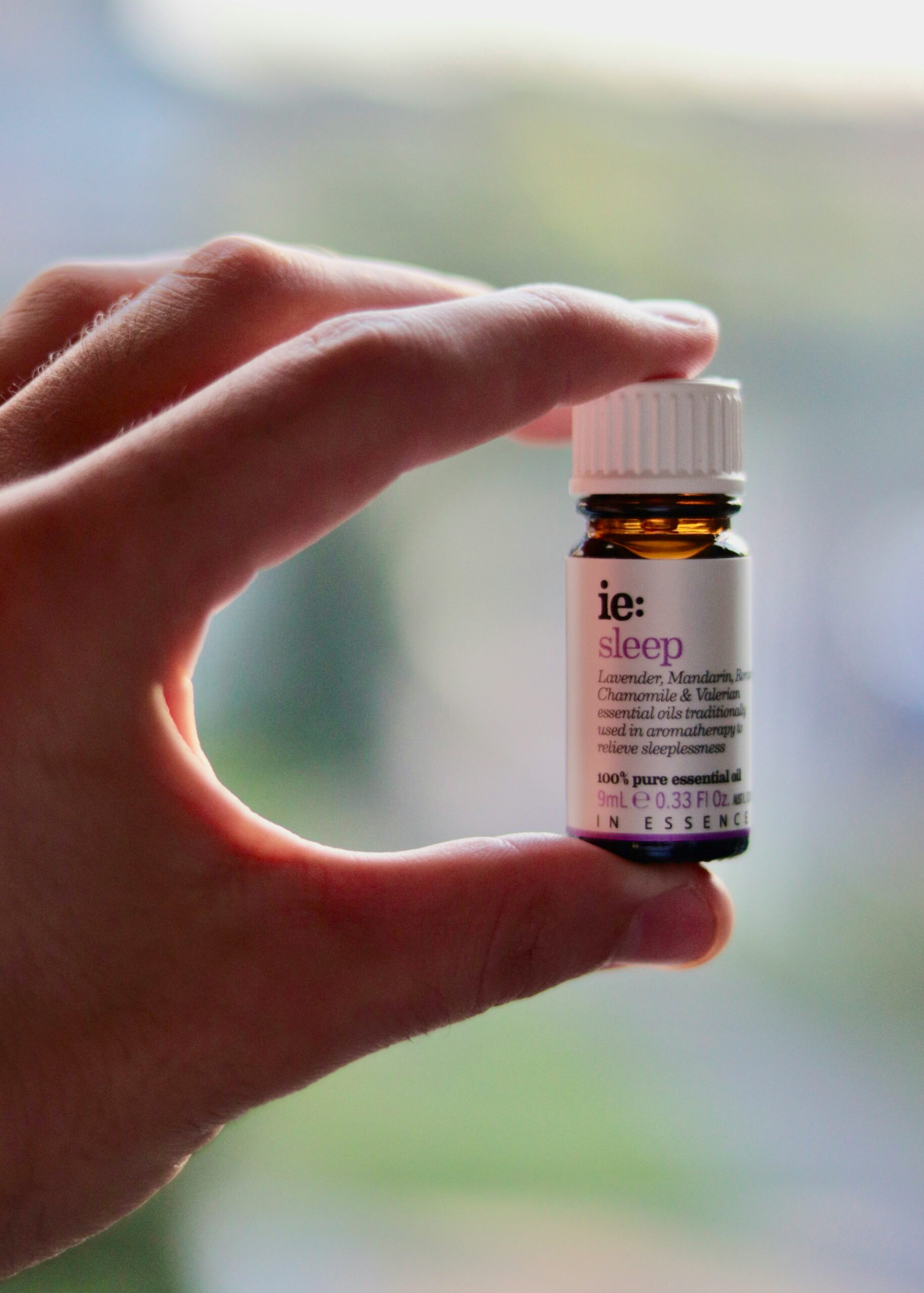Understanding Anxiety Treatment Medicines and Illegal Drugs: A Guide to Mental Health and Safer Choices
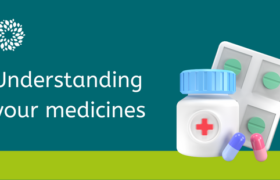
lets dive into Anxiety Treatment Medicines, Types of Illegal Drugs,Drugs Information and learn more about Benzodiazepines, Beta Blockers, Hallucinogens etc
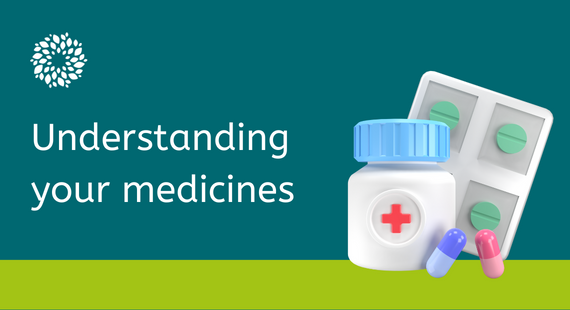
Anxiety Treatment Medicines: Finding Relief for Mental Health
Anxiety is a common mental health condition that affects millions of people worldwide. It can manifest in various ways, such as excessive worrying, restlessness, and even panic attacks. Fortunately, there are several effective treatment options available to help manage anxiety and improve overall well-being. One of the most common approaches is the use of anxiety treatment medicines.
Before diving into the different types of anxiety treatment medicines, it’s important to note that medication should always be prescribed and monitored by a qualified healthcare professional. They will assess your specific needs and determine the most suitable medication for your situation.
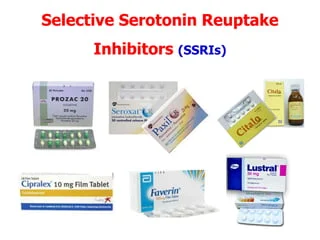
1. Selective Serotonin Reuptake Inhibitors (SSRIs)
SSRIs are a type of antidepressant commonly used to treat anxiety disorders. They work by increasing the levels of serotonin, a neurotransmitter that helps regulate mood, in the brain. Some common SSRIs include:
- Fluoxetine (Prozac)
- Sertraline (Zoloft)
- Escitalopram (Lexapro)
SSRIs are generally well-tolerated and have fewer side effects compared to older antidepressant medications. However, it may take several weeks for the full effects to be felt, so patience is key when starting this type of medication.
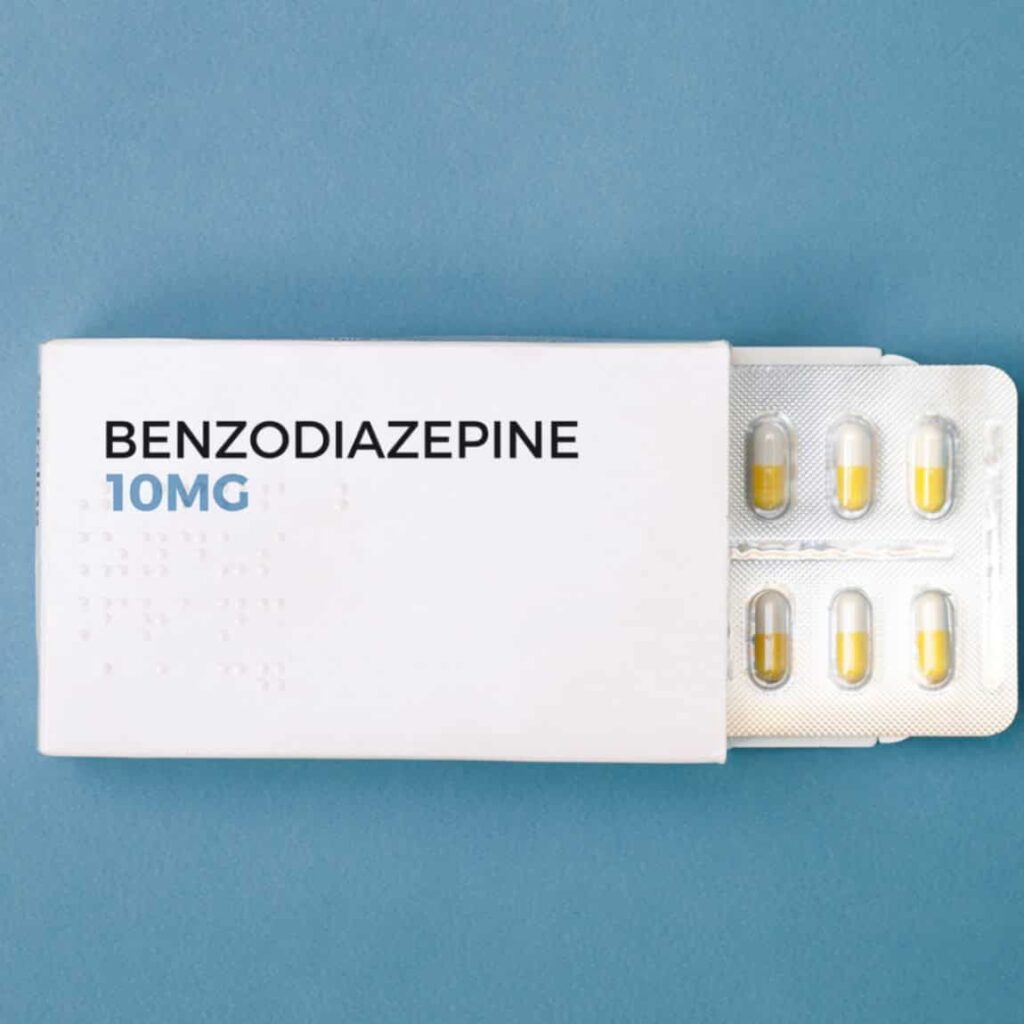
2. Benzodiazepines
Benzodiazepines are a class of medications that are primarily used for short-term relief of severe anxiety symptoms. They work by enhancing the effects of a neurotransmitter called gamma-aminobutyric acid (GABA), which helps calm the brain. Some commonly prescribed benzodiazepines include:
- Alprazolam (Xanax)
- Diazepam (Valium)
- Lorazepam (Ativan)
While benzodiazepines can be effective in reducing anxiety, they are generally prescribed for short-term use due to the risk of dependence and potential for abuse. Long-term use of benzodiazepines is generally discouraged unless other treatment options have been explored.
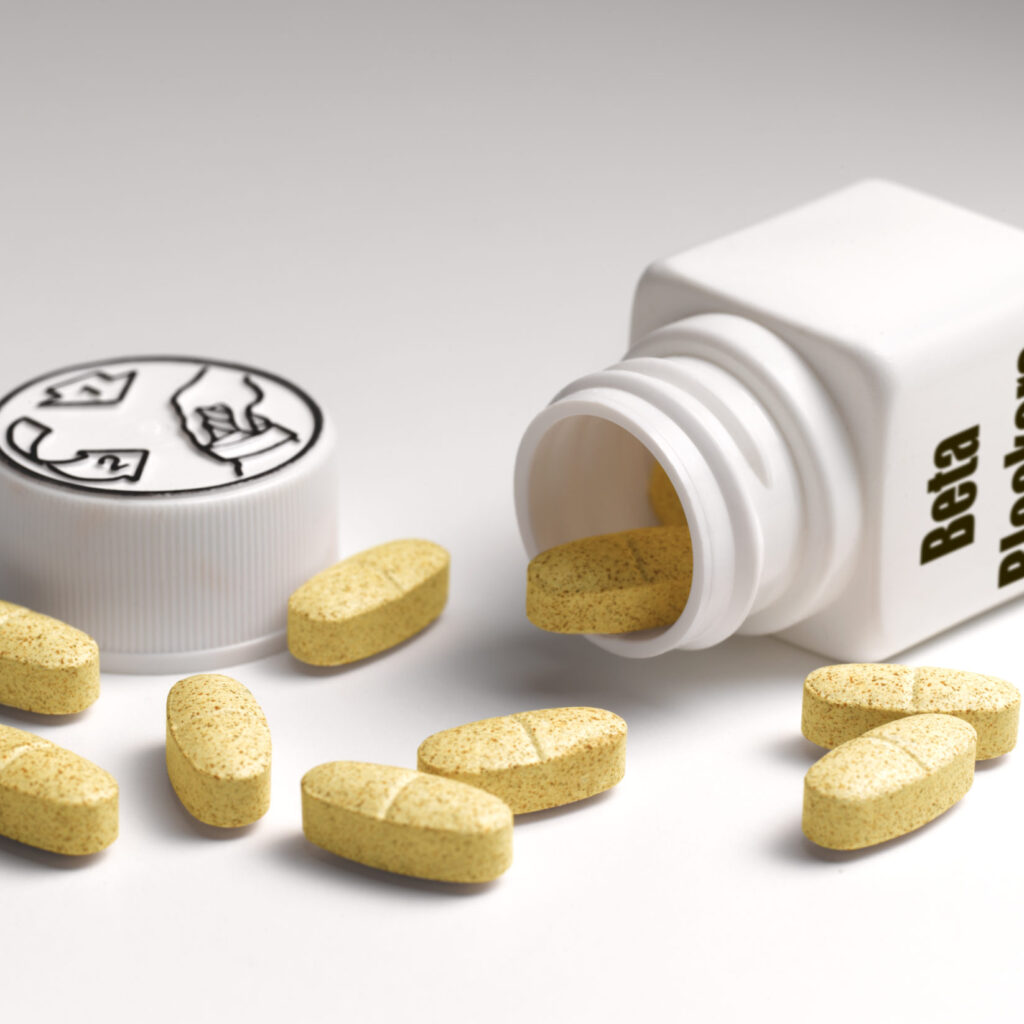
3. Beta Blockers
Beta blockers are primarily used to treat high blood pressure and heart conditions, but they can also be prescribed for anxiety symptoms. They work by blocking the effects of adrenaline, which can help reduce physical symptoms of anxiety such as rapid heartbeat and trembling. Some commonly prescribed beta blockers include:
- Propranolol (Inderal)
- Atenolol (Tenormin)
- Metoprolol (Lopressor)
Beta blockers are often used on an as-needed basis for situational anxiety, such as before a public speaking engagement or a stressful event. They are generally well-tolerated, but it’s important to discuss any existing medical conditions with your healthcare provider before starting this type of medication.
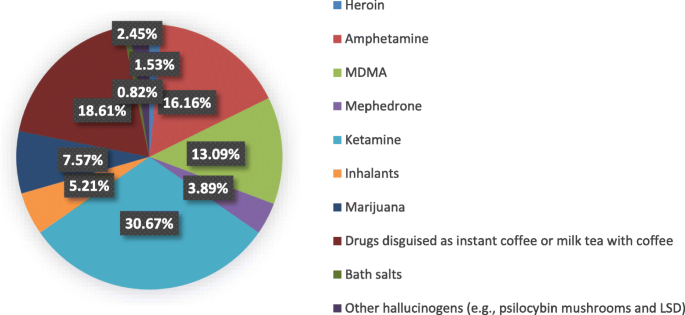
Types of Illegal Drugs: Understanding the Risks and Consequences
Illegal drugs, also known as illicit drugs, are substances that are prohibited by law. They can have serious health and societal consequences and are associated with various risks, including addiction, overdose, and legal troubles. It’s crucial to have a basic understanding of the different types of illegal drugs to make informed decisions and protect your well-being.
1. Stimulants
Stimulants are drugs that increase alertness, attention, and energy. They can produce a sense of euphoria and temporarily enhance cognitive and physical performance. Some commonly abused stimulants include:
- Cocaine
- Amphetamines
- Methamphetamine
Stimulants can have serious health effects, including cardiovascular problems, psychosis, and dependence. They can also lead to risky behaviors and impaired judgment.
2. Depressants
Depressants, also known as sedatives or tranquilizers, are drugs that slow down brain activity. They are often prescribed for medical purposes, such as managing anxiety or insomnia, but can be abused for their calming effects. Some commonly abused depressants include:
- Benzodiazepines
- Barbiturates
- GHB (Gamma-Hydroxybutyric Acid)
Depressants can cause drowsiness, confusion, and impaired coordination. When taken in high doses or combined with other substances, they can be extremely dangerous and even life–threatening.
3. Hallucinogens
Hallucinogens are drugs that alter perception, thoughts, and feelings. They can cause hallucinations, intense sensory experiences, and profound changes in consciousness. Some commonly abused hallucinogens include:
- LSD (Lysergic Acid Diethylamide)
- Psilocybin (Magic Mushrooms)
- DMT (Dimethyltryptamine)
Hallucinogens can have unpredictable effects and may lead to psychological distress or “bad trips.” They can also impair judgment and increase the risk of accidents or injuries.
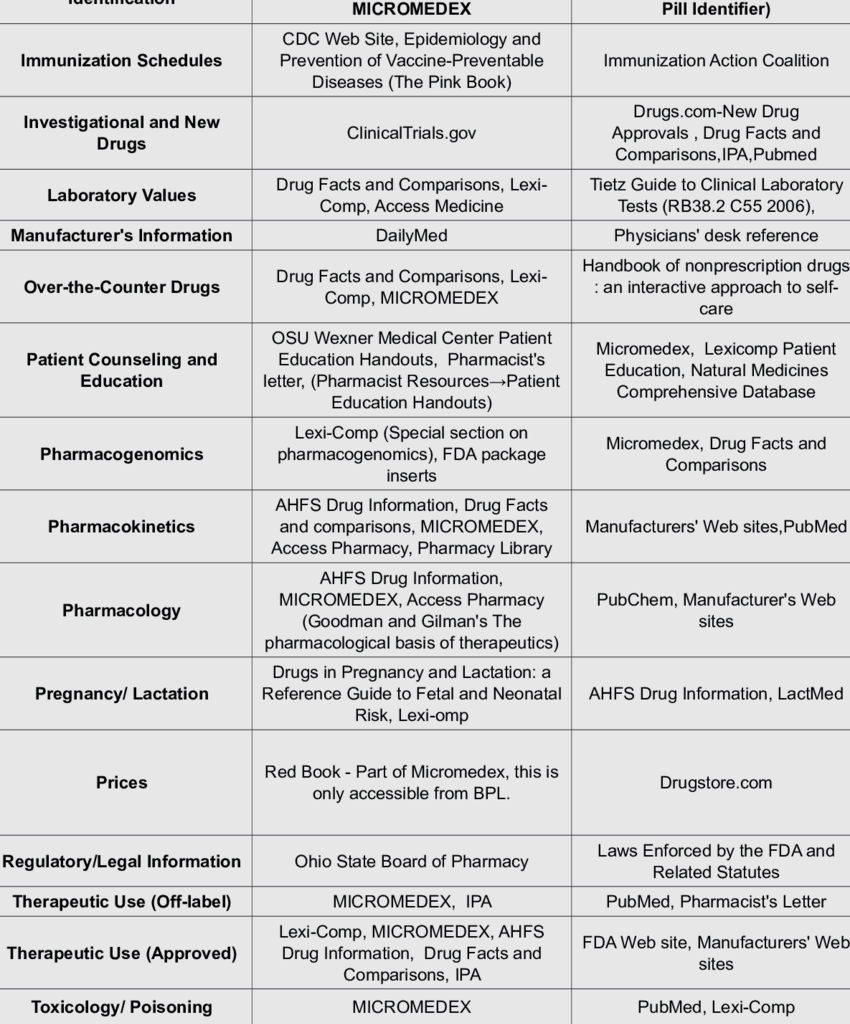
Drugs Information: Educating Yourself for Safer Choices
When it comes to drugs, whether legal or illegal, knowledge is power. Understanding the risks, effects, and potential consequences of drug use can help you make informed decisions and prioritize your well-being. Here are some key points to consider when seeking drugs information:
1. Reliable Sources
When researching drugs, it’s important to rely on reputable sources of information. Government websites, educational institutions, and established health organizations often provide reliable and evidence–based resources. Avoid relying on anecdotal experiences or information from unverified sources.
2. Effects and Risks
Take the time to learn about the specific effects and risks associated with different drugs. Understanding how a substance can affect your physical and mental health, as well as your overall well-being, can help you make informed decisions and avoid potential harm.
3. Harm Reduction Strategies
If you or someone you know is using drugs, it’s essential to be aware of harm reduction strategies. These are practical approaches aimed at reducing the negative consequences of drug use. Examples include using clean needles to prevent the transmission of bloodborne diseases or having naloxone on hand to reverse opioid overdoses.
4. Seeking Help
If you or someone you know is struggling with drug addiction or substance abuse, it’s important to seek help from healthcare professionals or addiction specialists. They can provide guidance, support, and access to appropriate treatment options.
Remember, knowledge is a powerful tool when it comes to making informed decisions about your mental health and well-being. By understanding anxiety treatment medicines, the risks of illegal drugs, and educating yourself with reliable drugs information, you can take proactive steps towards a healthier and safer future.
